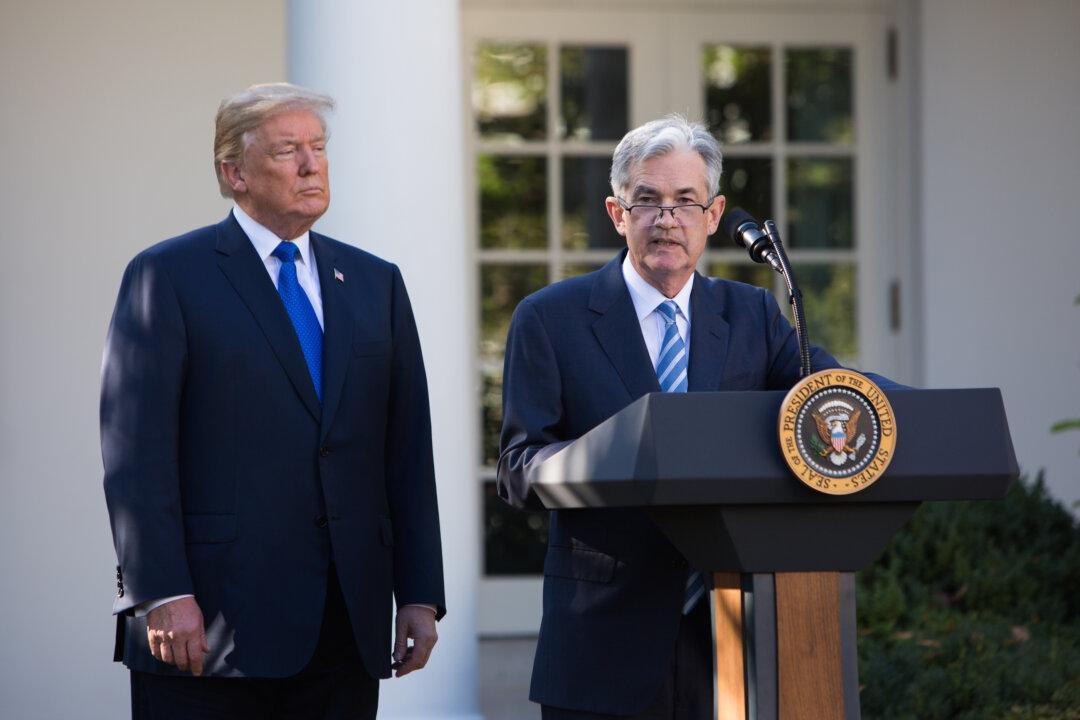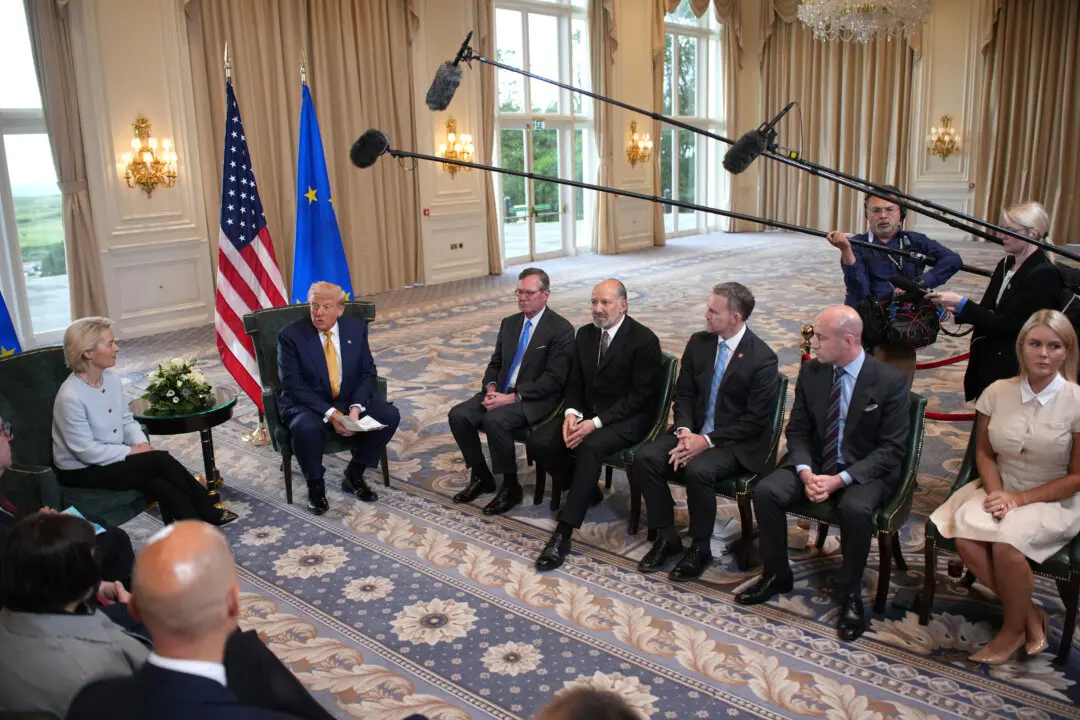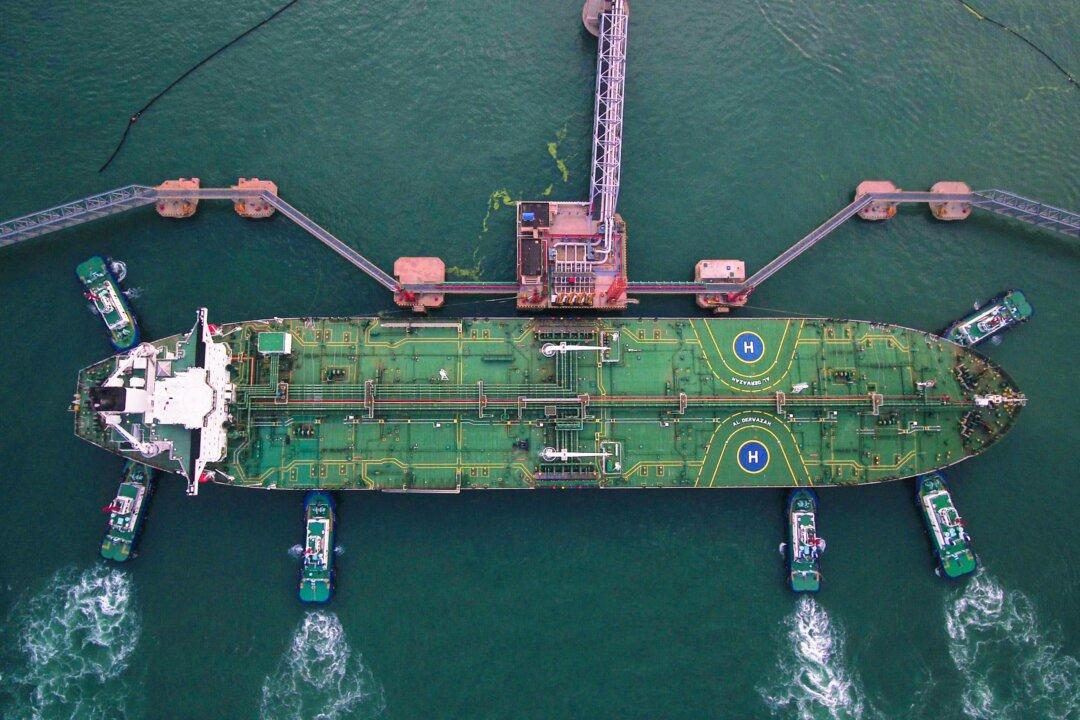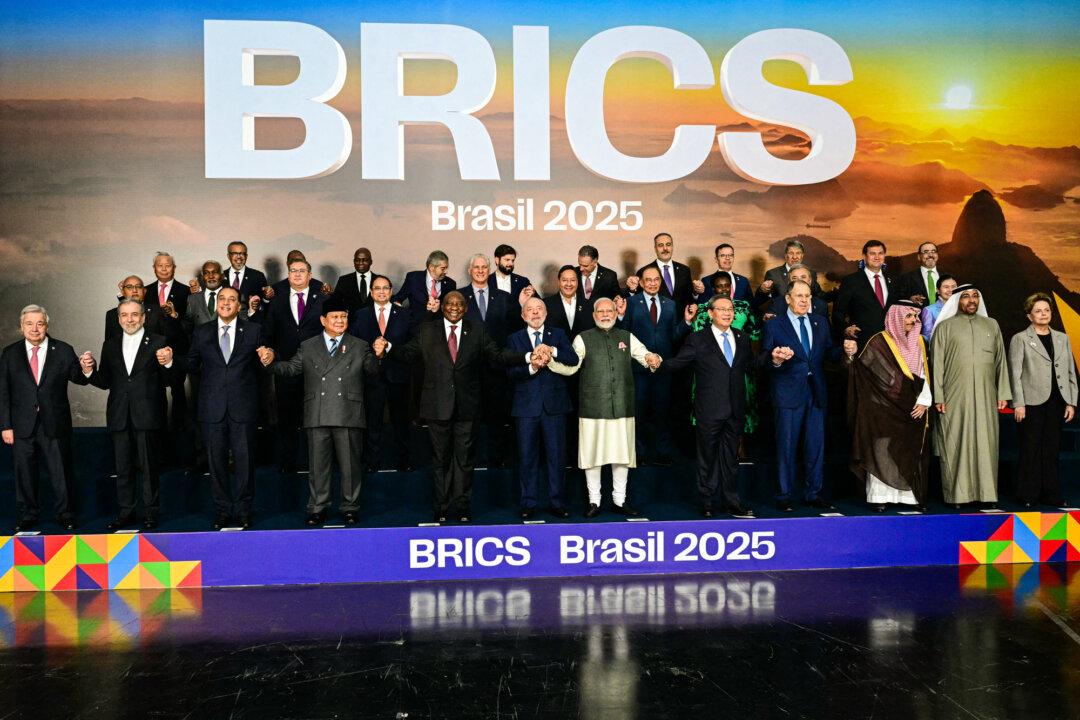Should the Federal Reserve hold back on trying to avoid a recession? Bill Dudley, a former Federal Reserve member from New York, thinks that’s exactly what the Fed should do.
In his recent column for Bloomberg, Dudley proposed the Federal Reserve not lower interest rates to help an economy at the tail end of a long economic expansion and stifled by four years of Fed rate hikes as well as “the trade war” with China.





